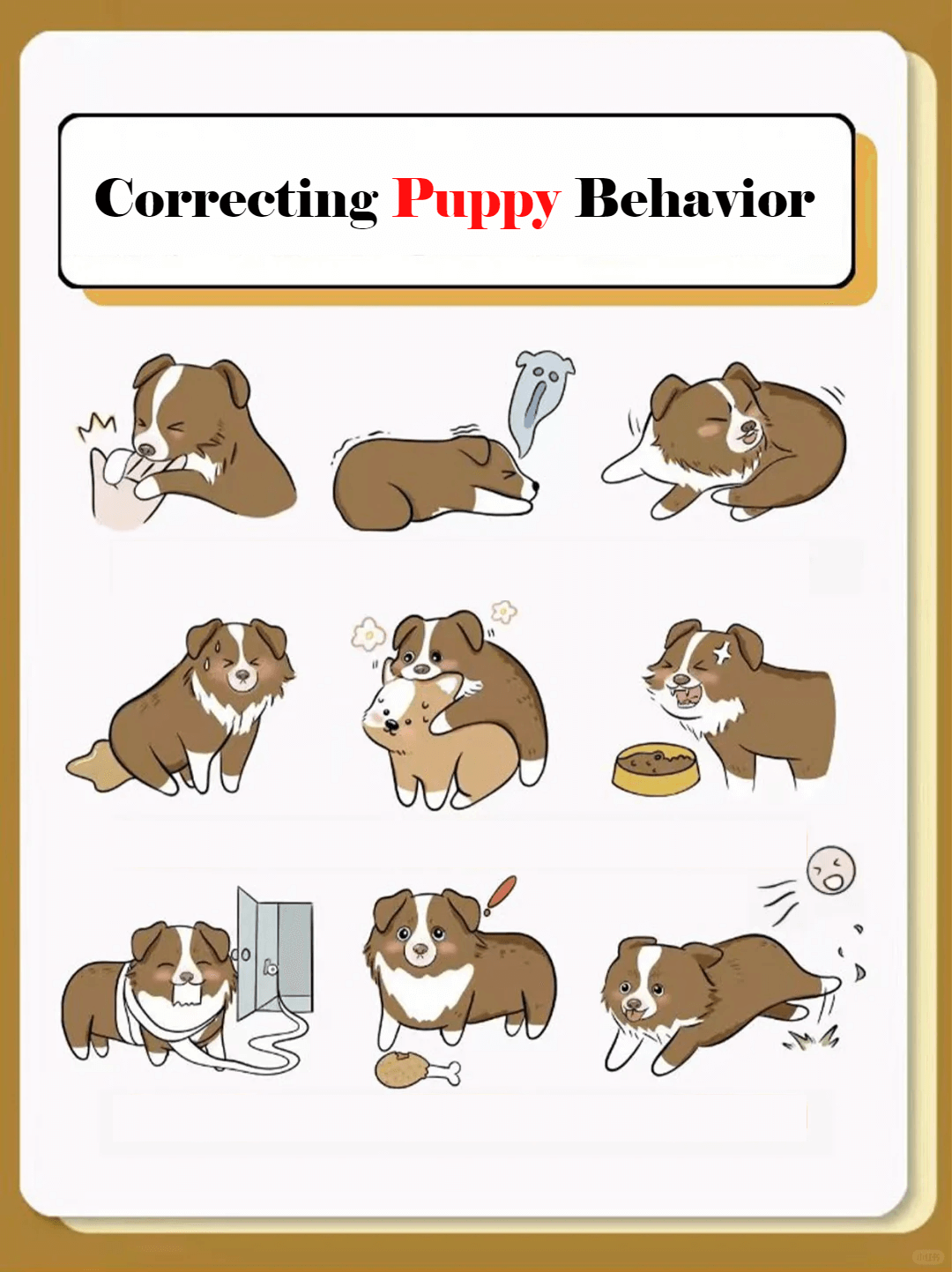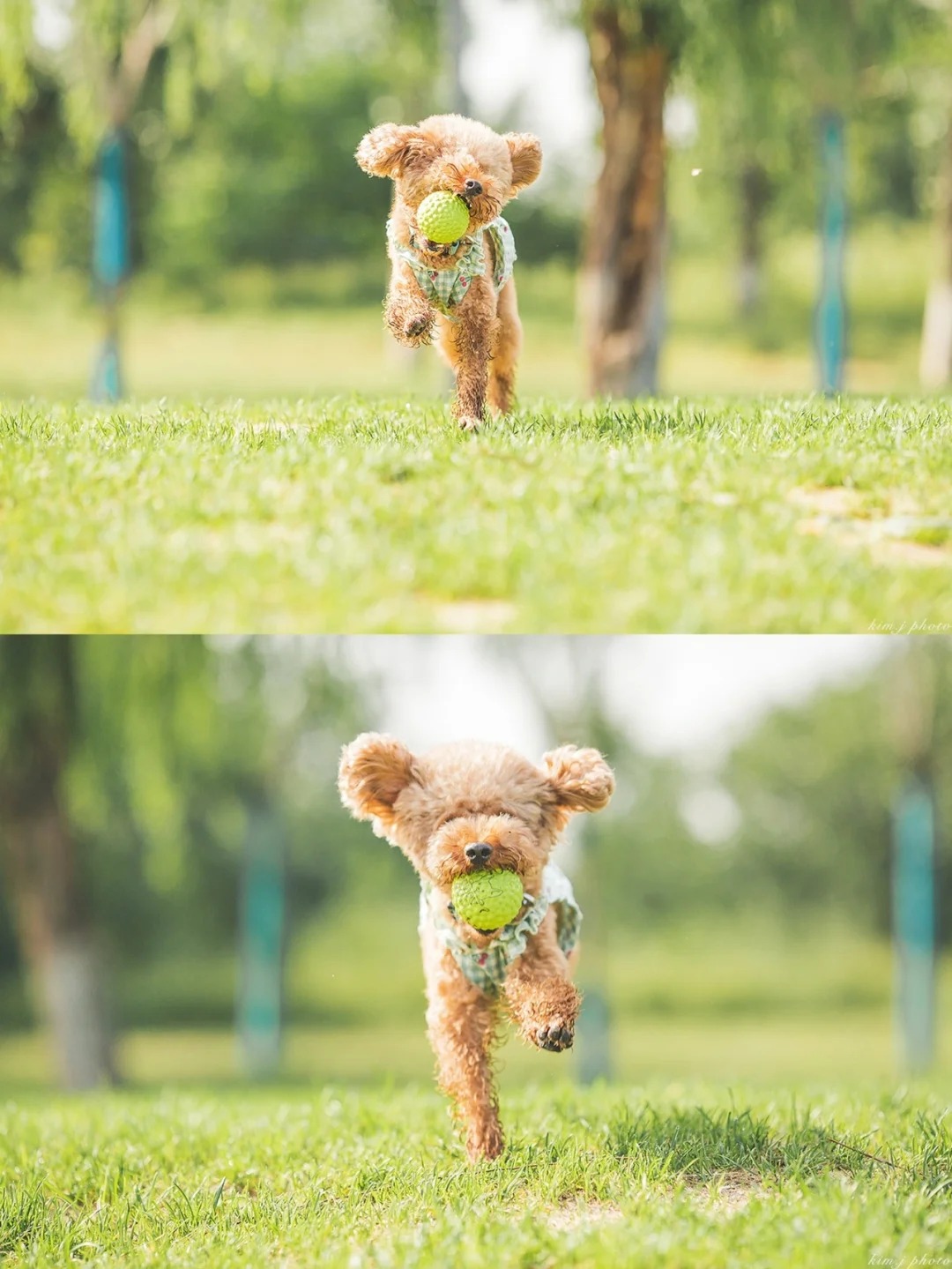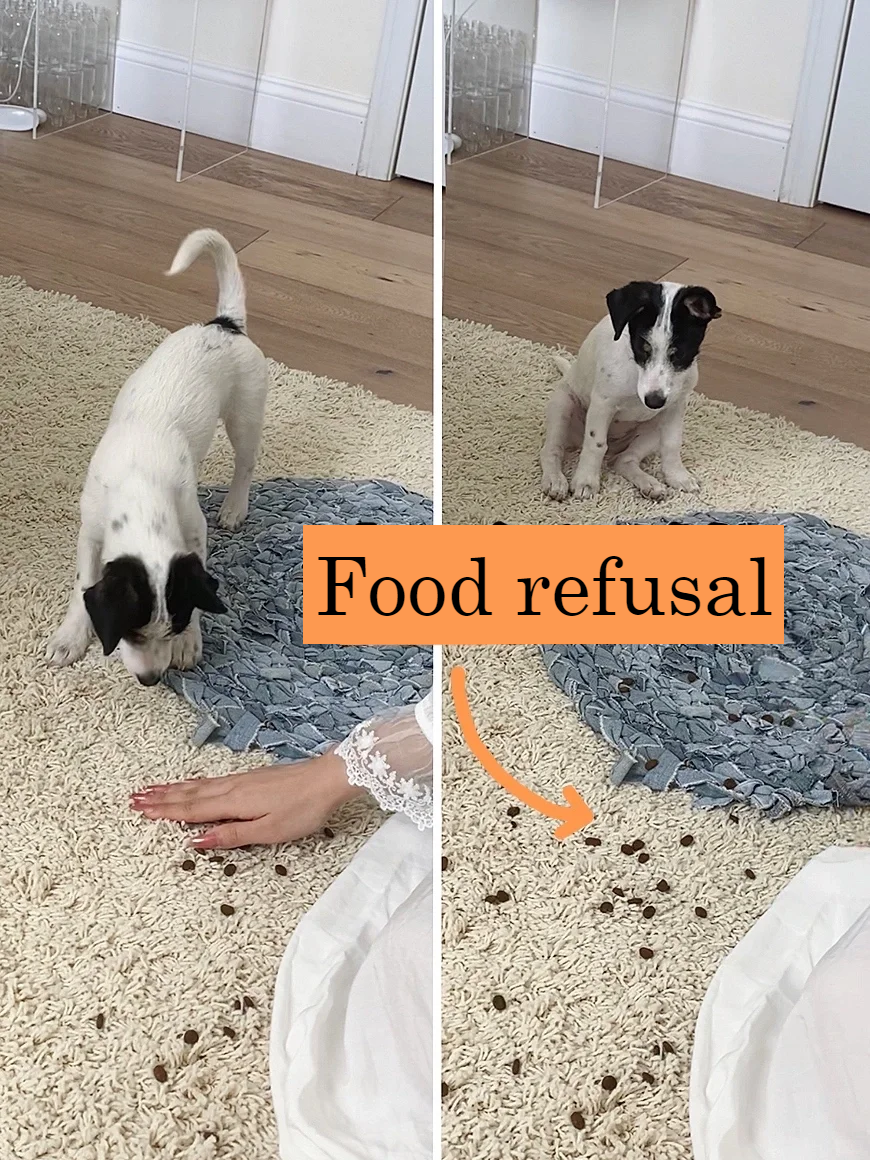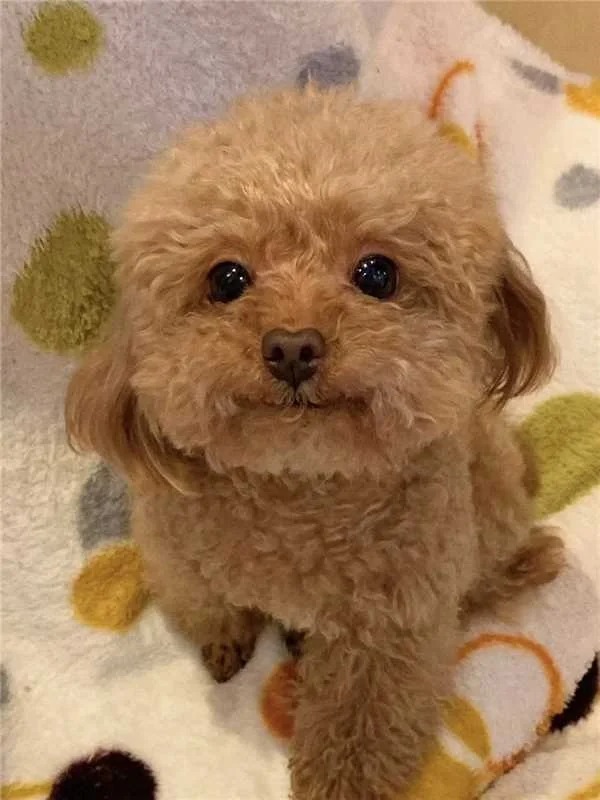**The Significance of Recall**
Most pet owners use names to recall their dogs, but names don't hold any special meaning for dogs. A dog's response to its name depends on the conditioned reflex established previously.
**How to Establish Recall Commands**
Since a dog's response to a recall command depends on the conditioned reflex that has been previously established, we can create a simple conditioned reflex: Recall command → Return to the owner → Get a treat.
**Reasons for Command Failure**
Why do many dogs still fail to respond to seemingly simple commands? While establishing a command is simple, "contaminating" the command is also easy. Through a few simple command-food pairings, a dog learns to return to its owner upon hearing the command. However, when we can't resist shouting the dog's name to stop it from misbehaving, the name no longer has a positive association, and the pairing of the name with food is broken.
**How Dogs Differentiate Commands**
This depends on the process of establishing the command, with food being a key element. Many people say that dogs will return if they expect treats and won't if they don't. This is because dogs pair food with returning, rather than just the name.
**Generalization and Maintaining Commands**
Good response to commands means that, regardless of distance, reaction speed, and distractions, the dog will return to its owner first. To achieve this, training must occur in various environments and with different stimuli, starting with nearby distances and minimal distractions, gradually increasing both. Rewards should also become more diverse and varied, eventually allowing the command itself to become rewarding.
#DogTraining [Topic]# #DogRecall [Topic]# #DogTrainingTips [Topic]# #PositiveDogTraining [Topic]#




